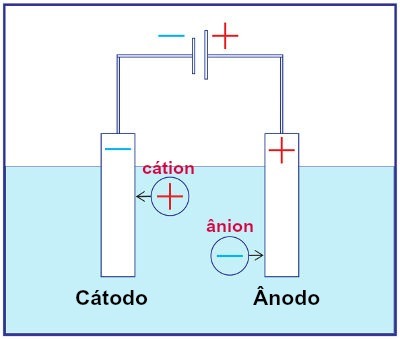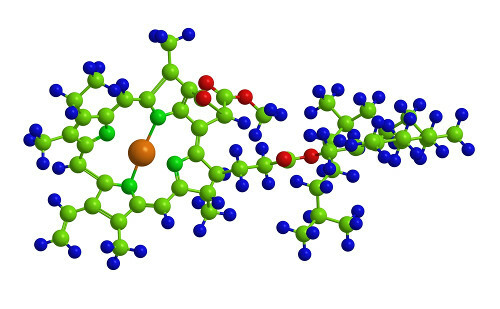Combustion is any chemical reaction in which a fuel (oxidizable material) reacts with a oxidizer — a gaseous material that contains oxygen gas (O2), like air. This reaction is always exothermic, that is, it releases energy in the form of heat. Generally, other products are released, especially when the fuel is an organic compound, such as carbon dioxide and water, as will be explained further below.
Fuels can be solid (paper, wood, coal etc.), liquid (alcohol, gasoline, oil diesel etc.) or gaseous (hydrogen gas, butane gas, etc.). Combustion reactions are redox, as fuels undergo oxidation (they lose electrons and their NOx increases) and the oxidizer, which is oxygen, is reduced (it gains electrons and its Nox decreases) for the formation of products.
These reactions are very common and important in our daily lives. See some examples:
Burning fuels such as gasoline and ethanol to power vehicles;
Fuel burning in industries;
Burning of cooking gas for cooking food;
Burning a fire;
Our body's cells carry out combustion to digest food and produce energy that will be consumed by the body.

The bonfire is an example of a combustion reaction
Note that combustion reactions are mainly carried out to obtain thermal energy for mechanical, electrical, heating, and so on.
In addition, for combustion reactions to occur, a ignition, that is, something like a spark to provide the activation energy, which is the minimum energy needed to start the process.
Once started, a Chain reaction, as the energy released in the reaction itself allows the combustion to continue. It stops only when the fuel or oxidizer runs out.
There are two basic types of combustion reactions of organic compounds, which are the complete and incomplete combustion. See what each one is about:
* Complete combustion: It occurs when there is enough oxygen to consume all the fuel and produce carbon dioxide and water as products. Furthermore, in complete combustion reactions, the Nox of carbon reaches its maximum value, which is +4.
Do not stop now... There's more after the advertising ;)
Examples:
Complete combustion of methane: CH4(g) + 2 O2(g) → CO2(g) + 2 H2O(g) + heat
Complete combustion of butane: 2 C4H10(g) + 13 O2(g) → 8 CO2(g) + 10 H2O(g) + heat
Due to the increasing combustion of fossil fuels, such as coal and petroleum products, the amount of carbon dioxide (CO2) in the atmosphere has increased a lot, aggravating the problem of global warming due to the intensification of the greenhouse effect.
Furthermore, if there are sulfur residues in the fuel, they will also be combusted, releasing sulfur oxides into the atmosphere:
s(s) + 3/2 O2(g) → OS3(g)
This oxide reacts with rainwater and generates sulfuric acid, which leads to another environmental problem: acid rain.

Combustion of fossil fuels by automobiles releases polluting gases into the atmosphere
* Incomplete combustion: It occurs when there is not enough oxygen to consume all the fuel and produces carbon monoxide and water or soot (which is basically made up of carbon) and water as products. Furthermore, in incomplete combustion reactions, the Nox of carbon reaches lower values such as +1 and +2.
Examples:
Incomplete combustion of methane: CH4(g) + 3/2 O2(g) → CO(g) + 2 H2O(g)
Incomplete combustion of methane: CH4(g) + O2(g) → C(s) + 2 H2O(g)
Incomplete combustion of butane gas: C4H10(g) + 9 O2(g) → 8 CO(g) + 10 H2O(g)
Incomplete combustion of butane gas: C4H10(g) + 5 O2(g) → 8C(g) + 10 H2O(g)
Incomplete combustion reactions generate less energy and also form waste that is very toxic to the environment.
Thus, the study of combustion reactions is extremely important not only to advance the techniques used in modern society, but also to control and reduce their harmful effects.
By Jennifer Fogaça
Graduated in Chemistry
Would you like to reference this text in a school or academic work? Look:
FOGAÇA, Jennifer Rocha Vargas. "What is combustion?"; Brazil School. Available in: https://brasilescola.uol.com.br/o-que-e/quimica/o-que-e-combustao.htm. Accessed on June 28, 2021.



